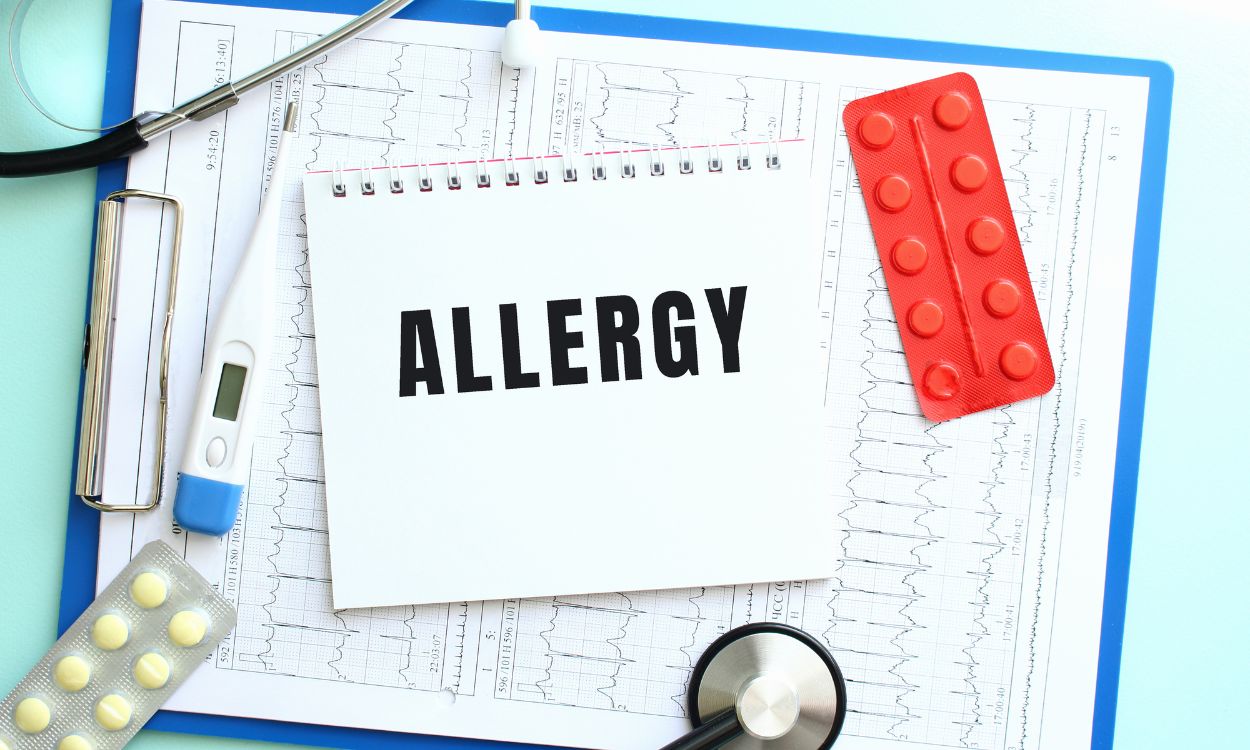Recognizing and Managing Allergic Reactions: First Aid Essentials
Allergies are a common occurrence in India, affecting millions of people every year. Allergic reactions can range from mild to severe and can be life-threatening in some cases. It is important to recognize the symptoms of an allergic reaction and take appropriate action to manage it. In this article, we will discuss the first aid essentials for recognizing and managing allergic reactions.
Symptoms of an Allergic Reaction
Allergic reactions can occur within minutes or hours of exposure to an allergen. The symptoms can vary depending on the severity of the reaction. Some common symptoms of an allergic reaction include:
- Itching or hives
- Swelling of the face, lips, tongue, or throat
- Difficulty breathing or shortness of breath
- Wheezing or coughing
- Nausea or vomiting
- Dizziness or fainting
- Rapid or weak pulse
- Loss of consciousness
If you or someone around you experiences any of these symptoms, it is important to take immediate action.
First Aid Essentials for Allergic Reactions
- Identify the Allergen: The first step in managing an allergic reaction is to identify the allergen that caused it. Common allergens include food, medication, insect bites or stings, and environmental factors such as pollen or dust. Once the allergen is identified, it is important to avoid further exposure to it.
- Call for Help: If the allergic reaction is severe, call for emergency medical help immediately. If the person is having difficulty breathing or has lost consciousness, call for an ambulance.
- Administer Medication: If the person has an epinephrine auto-injector (EpiPen), use it immediately. The EpiPen contains a dose of epinephrine, which can help to reduce the severity of the allergic reaction. If the person does not have an EpiPen, give them an antihistamine medication such as Benadryl.
- Monitor the Person: After administering medication, monitor the person’s condition closely. If the symptoms do not improve or worsen, seek medical attention immediately.
- Provide Comfort: Allergic reactions can be scary and uncomfortable. Provide comfort to the person by helping them to sit or lie down, and reassure them that help is on the way.
Conclusion
Allergic reactions can be life-threatening, but with prompt action, they can be managed effectively. It is important to recognize the symptoms of an allergic reaction and take appropriate action to manage it. If you or someone around you experiences an allergic reaction, follow the first aid essentials discussed in this article. Remember, prevention is always better than cure. Download the Fitpaa app today to get personalized health and fitness guidance to help you stay healthy and prevent allergies.











